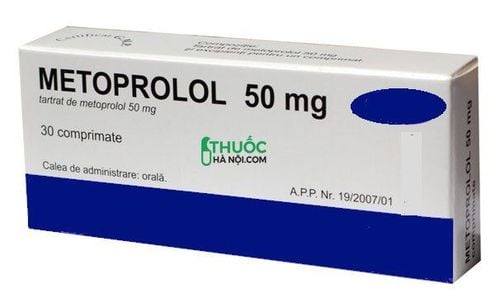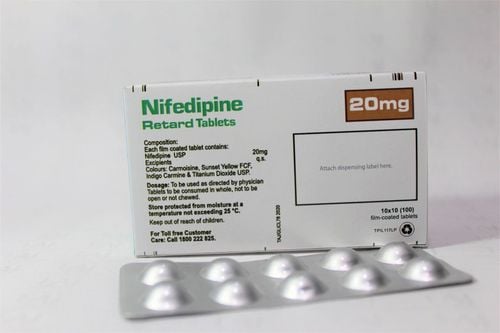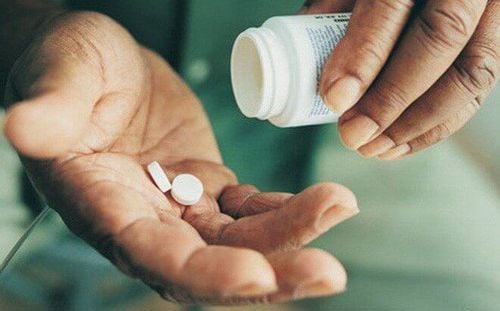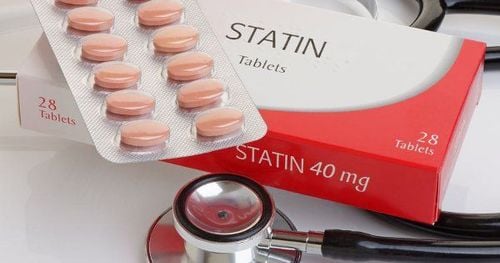This is an automatically translated article.
Posted by Master, Doctor Nguyen Van Phong - Internal Medicine and Cardiovascular Interventionist - Cardiovascular Center - Vinmec Times City International General Hospital
Atrial fibrillation is a disease that causes arrhythmia, dizziness, fatigue, ... greatly affecting the quality of life. The disease can end quickly and go away on its own without treatment, but if the heart rate is too fast, it should be treated promptly to prevent the risk of stroke and heart attack. Therefore, how to live with atrial fibrillation is something that many patients care about to prevent possible disease complications.
1. Don't Ignore the Warning Signs
Symptoms of atrial fibrillation can include dizziness, fatigue, weakness, palpitations, palpitations, shortness of breath, shortness of breath, and angina, especially if you have underlying heart disease. If you have any of the above symptoms that worry you or often feel like your heart is racing, see your doctor soon to find out the cause.
For some patients, atrial fibrillation never causes symptoms, only when the patient goes to the doctor to discover the disease by chance. For some other patients, atrial fibrillation can lead to stroke, heart attack or heart failure.
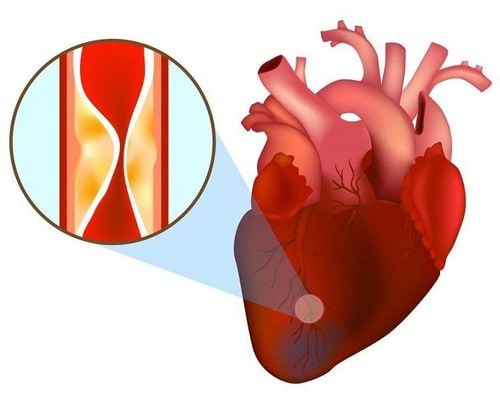
2. Good control of diabetes and hypertension
Patients with atrial fibrillation are 5 times more likely to have a stroke than the general population. Diabetes or high blood pressure increases the risk of stroke even further. Therefore, when a patient has atrial fibrillation with diabetes and/or hypertension, it should be well controlled.
In addition, patients need to maintain a low-sugar and salt-free diet, and monitor their weight to reduce blood sugar, blood pressure and reduce the risk of complications of atrial fibrillation.
3. Heart-healthy diet
Patients need to maintain a healthy heart-healthy diet. Accordingly, at least half of the diet should be derived from plants such as green vegetables, fruits, tubers or nuts ...
Add heart-healthy fats such as omega-3 fatty acids found in salmon.
Good sources of protein include lean meats and legumes. Grains should choose whole grains instead of refined (e.g. brown rice instead of well-milled rice) for added fiber. In addition, a diet low in sugar, fat, and salt helps control your blood sugar, cholesterol, and blood pressure.
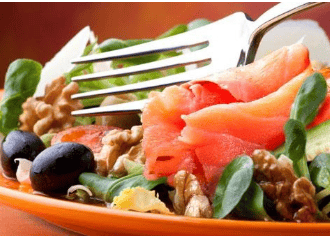
4. Quit smoking for a healthier life
Studies show that people who have a history of smoking or are current smokers have a higher risk of developing atrial fibrillation. Furthermore, smoking increases the risk of stroke and heart attack.
Nicotine patches or gum, lozenges can be helpful in smoking cessation. If you have failed to quit smoking, consider medical treatment, which can double your chances of success.
5. Treatment with anticoagulants
After you are diagnosed with atrial fibrillation, your doctor may prescribe you a medication that "thins the blood" (anticoagulants: Xarelto, Pradaxa, Sintrom, Warfarin....) to reduce your risk of stroke. These anticoagulants can interact with certain foods or supplements, and even some other medications. Ask your doctor what foods or medications to avoid while taking anticoagulants.
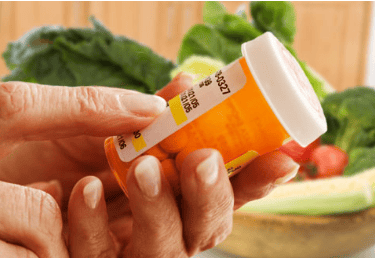
6. Limit alcohol and stimulants
A glass of wine with dinner is probably appropriate for most people with atrial fibrillation. But regularly drinking heavily, even binge drinking can lead to arrhythmia problems, even for people with a healthy heart.
Stimulants such as decongestants that contain pseudoephedrine can also trigger symptoms or make them worse.

7. Don't use too much coffee
In the past, some doctors advised patients with atrial fibrillation not to drink coffee. But recent studies show that caffeine is not associated with an increased incidence of atrial fibrillation. However, drinking too much coffee can increase blood pressure. On the other hand, caffeine can be a trigger for arrhythmias. Therefore, pay attention to the amount of coffee, tea, cola and chocolate you can drink without affecting your health to keep your body stable.
8. Increase movement
Regular physical activity can reduce the risk of complications of all types of cardiovascular disease. However, intense exercise sometimes aggravates symptoms of atrial fibrillation. You should start exercising slowly and gradually increase it like walking for 30 minutes a day. You should consult your doctor for the best and safest exercise.

9. Vaccination
People who get the flu and pneumonia vaccine every year are less likely to have a heart attack and be hospitalized for cardiovascular disease. Therefore, protect your heart by getting a flu shot before flu season arrives.
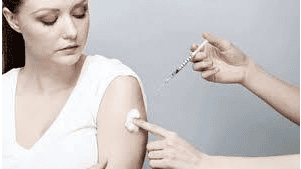
10. Release stress
Stress related to a specific event can trigger an arrhythmia. Accordingly, long-term stress often leads to unhealthy habits like smoking and drinking a lot of alcohol, both of which are bad for your heart. Instead, try practicing meditation or yoga to help manage stress and anxiety. One study found that regular meditation can cut the number of episodes of atrial fibrillation by half.
Prolonged atrial fibrillation left untreated and detected early can lead to congestive heart failure. When the heart failure stage, the patient easily feels tired when exertion or at rest, reduced ability to function, appeared edema, swollen neck veins.
In clinical practice, atrial fibrillation is diagnosed based on the electrocardiogram. Monitoring of heart rate and conduction characteristics helps to evaluate abnormal arrhythmias in more detail. To protect cardiovascular health in general and detect early signs of myocardial infarction and stroke, customers can sign up for the Cardiovascular Screening Package - Basic Cardiovascular Examination of Vinmec International General Hospital. The examination package helps to detect cardiovascular problems at the earliest through tests and modern imaging methods. The package is for all ages, genders and is especially essential for people with risk factors for cardiovascular disease.
Please dial HOTLINE for more information or register for an appointment HERE. Download MyVinmec app to make appointments faster and to manage your bookings easily.





